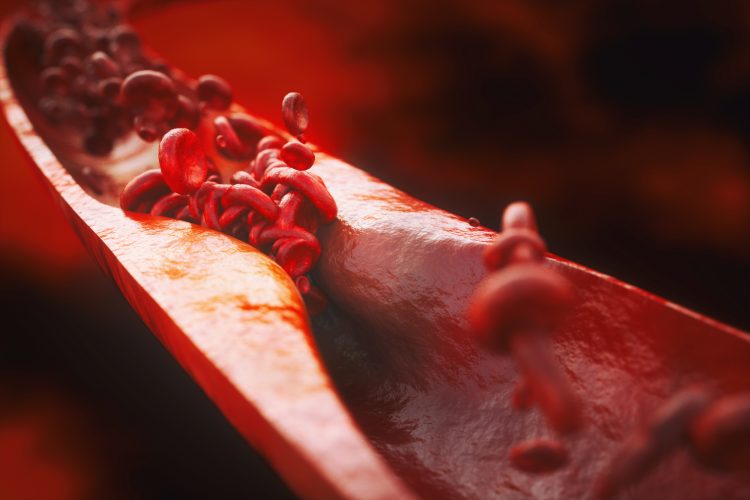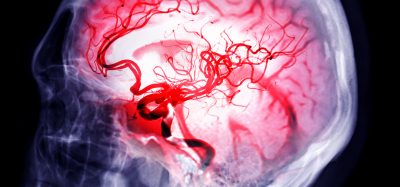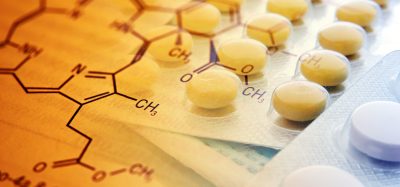Targeting inflammation to treat atherosclerosis and MASH
Posted: 5 May 2025 | Drug Target Review | No comments yet
A glycine-based compound developed at the University of Michigan, originally designed to treat severe fatty liver disease, has shown powerful effects in reducing atherosclerosis and vascular calcification in animal models.


A drug candidate, previously developed to reverse severe fatty liver disease, has now been shown to reduce atherosclerosis, the build-up of plaque in the arteries that leads to heart attacks and strokes, according to new research published in Signal Transduction and Targeted Therapy.
The compound, called DT-109, is a glycine-based tripeptide created by scientists at the University of Michigan. In a recent preclinical study, conducted in collaboration with Xi’an Jiaotong University Health Science Center, researchers found that DT-109 significantly limited the formation of atherosclerotic plaques in both the aorta and coronary arteries of primates fed on a high-cholesterol diet.
Blocking inflammation and arterial calcification
Crucially, DT-109 also halted vascular calcification, a process that stiffens arteries and destabilises plaques, increasing the risk of cardiovascular events. Researchers found that the compound blocked inflammatory signalling associated with calcification, including activity of NLRP3 inflammasome, a protein complex known to drive vascular inflammation.
Biomarkers aren’t just supporting drug discovery – they’re driving it
FREE market report
From smarter trials to faster insights, this report unpacks the science, strategy and real-world impact behind the next generation of precision therapies.
What you’ll unlock:
- How biomarkers are guiding dose selection and early efficacy decisions in complex trials
- Why multi-omics, liquid biopsy and digital tools are redefining the discovery process
- What makes lab data regulatory-ready and why alignment matters from day one
Explore how biomarkers are shaping early drug development
Access the full report – it’s free!
“Atherosclerosis and vascular calcification remain among the leading global health threats, yet current standard-of-care medications fail to effectively address them,” said Dr Eugene Chen, M.D., co-senior author of the study and Frederick G. L. Huetwell Professor of Cardiovascular Medicine at U-M Medical School. “DT-109 has demonstrated a remarkable ability to counteract the progression of atherosclerosis, an achievement that holds immense therapeutic potential.”
A compound with a dual mission
DT-109 was originally developed in 2019 following discoveries that impaired glycine metabolism could trigger non-alcoholic fatty liver disease (NAFLD). In 2023, a separate study published in Cell Metabolism showed that DT-109 could reverse the severe form of NAFLD, now renamed metabolic dysfunction-associated steatotic liver disease (MASH), in both mice and nonhuman primates.
The link between MASH and atherosclerosis is well-established, with the liver condition increasing cardiovascular risk
The link between MASH and atherosclerosis is well-established, with the liver condition increasing cardiovascular risk. With DT-109 showing efficacy in treating both, researchers say it could fill an important therapeutic gap.
“There is significant demand yet limited options for effective drug therapies to treat MASH, which leaves a critical gap in medical treatments that can effectively address both liver dysfunction and its cardiovascular effects,” said Dr Jifeng Zhang, co-author and research professor at U-M Medical School.
Tackling the root of the disease
In the new study, after 10 months of feeding the primates a cholesterol-rich diet, researchers administered oral DT-109. The treatment not only suppressed plaque formation but also reduced chronic inflammation, a key driver of vascular disease, by dampening inflammasome activity.
Unlike standard treatments like statins or PCSK9 inhibitors, which primarily focus on lowering cholesterol levels, DT-109 appears to act upstream, addressing the root mechanisms of inflammation and vascular damage.
“These results are of particular importance because they suggest that DT-109 could not only reduce atherosclerotic lesions but also prevent the vascular calcification that exacerbates arterial stiffness and plaque vulnerability in advanced atherosclerosis,” Chen said. “This presents an opportunity to address the root of the issue, rather than managing complications as they come up.”
Path toward clinical translation
The use of nonhuman primate models, which more closely mirror human metabolism and cardiovascular function than mice, could help expedite DT-109’s progress to clinical trials.
“Given its ability to reduce liver damage, modulate lipid metabolism, and inhibit the inflammatory pathways driving atherosclerosis, DT-109 is positioned as a groundbreaking candidate for clinical trials,” Chen added, “with the potential to significantly improve patient outcomes and reduce the risks associated with cardiovascular events in those with MASH.”
Related topics
Animal Models, Drug Development, Drug Discovery, Therapeutics, Translational Science
Related conditions
Atherosclerosis, Liver disease
Related organisations
University of Michigan Medical School, Xi’an Jiaotong University Health Science Center








